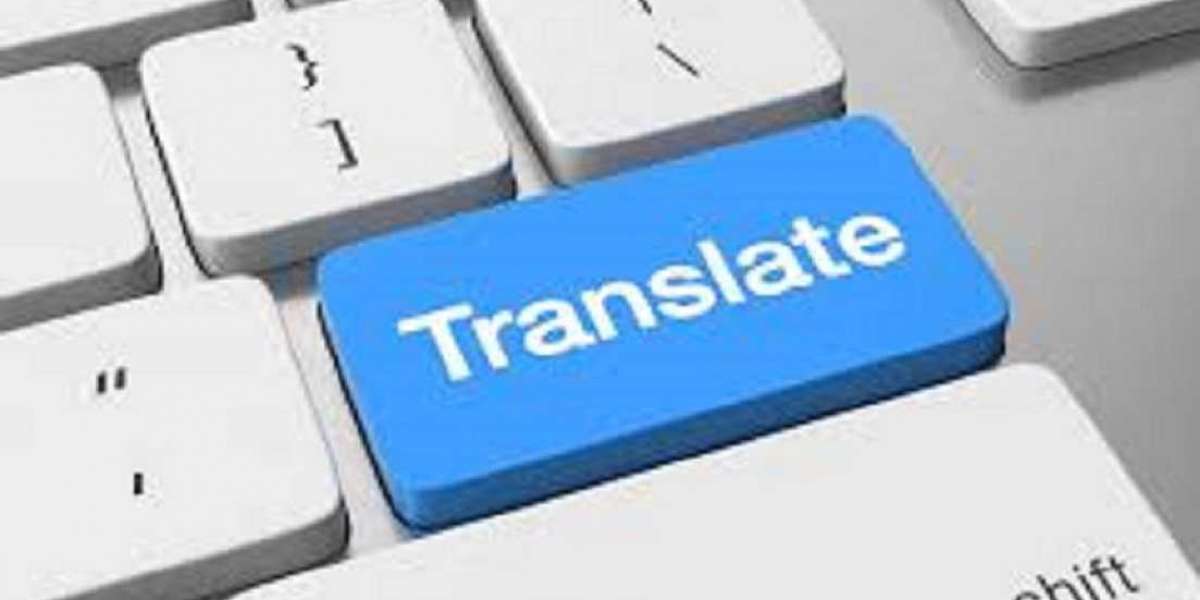Translation Services play a crucial role in bridging the gap between different languages and cultures, enabling effective communication on a global scale. When it comes to hiring translators, it is essential to conduct thorough background checks to ensure that you engage qualified professionals who meet your specific requirements. In this article, we will discuss the best practices for conducting background checks on translators, emphasizing the importance of due diligence in the hiring process.
The Significance of Background Checks: Translators hold a significant responsibility in accurately conveying information from one language to another. A translator's proficiency, expertise, and cultural understanding are crucial for delivering high-quality translations. Conducting background checks is essential to verify a translator's credentials, work experience, and integrity. These checks help you make informed decisions and mitigate potential risks associated with mistranslations, breaches of confidentiality, or unprofessional conduct.
Define Your Requirements: Before conducting background checks, it is important to define your specific requirements for the translation project. Identify the languages involved, the subject matter, and any specialized knowledge or experience required. This clarity will guide your background check process and ensure you focus on relevant aspects of a translator's profile.
Verify Qualifications and Experience: When evaluating a translator's qualifications, consider their educational background, certifications, and relevant training programs. Verify the authenticity of their credentials by contacting the issuing institutions or examining the certifications themselves. Additionally, assess the translator's experience in the desired field. Look for evidence of past translation projects, client testimonials, or samples of their work to evaluate their competency and suitability.
Assess Language Proficiency: Language proficiency is a crucial aspect of translation services. Determine the translator's fluency in both the source and target languages. Consider their ability to comprehend complex ideas, grasp cultural nuances, and accurately convey meaning. Language proficiency tests, such as standardized assessments or translation samples, can provide valuable insights into a translator's abilities.
Cultural Understanding: Translation is not only about language but also about cultural context. Assess a translator's cultural understanding and sensitivity towards the target audience. Inquire about their experience working with different cultures and their approach to handling cultural nuances in translations. This will help ensure that the translated content resonates appropriately with the target audience and avoids any unintended misunderstandings.
Check Professional References: Reaching out to professional references is an effective way to gain insights into a translator's work ethic, reliability, and professionalism. Contact previous clients or colleagues to inquire about the translator's performance, adherence to deadlines, and overall satisfaction with their services. Feedback from trusted sources can provide valuable information that may not be evident from resumes or interviews.
Assess Technical Competence: In today's digital age, translators often use various tools and technologies to enhance their efficiency and accuracy. Assess a translator's technical competence by evaluating their familiarity with translation software, CAT (Computer-Assisted Translation) tools, or terminology management systems. A translator who is proficient in these tools can significantly improve the quality and consistency of translations.
Conduct Background Checks: Once you have gathered all the necessary information, conduct background checks to ensure the translator's integrity and trustworthiness. This can involve verifying their identity, conducting criminal record checks, and checking for any previous disciplinary actions or complaints filed against them. Depending on the nature of your translation project, you may also consider running credit checks or conducting additional screening measures.
Non-Disclosure Agreements (NDAs): To protect sensitive information and maintain confidentiality, it is essential to have translators sign Non-Disclosure Agreements (NDAs). An NDA establishes a legal framework that prevents translators from disclosing any confidential or proprietary information they may come across during the translation process. Always review and ensure the effectiveness of your NDAs to safeguard your organization's interests





